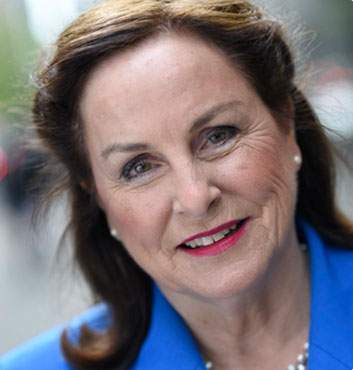May is Mental Health Awareness Month and its theme as well is hashtag #breakthestigma.
According to drugabuse.gov., many individuals who develop substance use disorder (SUD) are also diagnosed with anxiety disorders, panic disorders and post-traumatic stress disorders. Mental disorders such as depression and bipolar disorder, ADHD (Attention Deficit Hyperactivity Disorder), psychotic illness, borderline personality disorder and antipersonality disorder.
These “disorders” are more common than you think:
- 1 out of every 8 emergency department visits by a U.S. adult involved mental illness and SUDs.
- For all people in the U.S. under age 45, mood disorders are the most common cause of hospitalization.
- 50% of all lifetime mental illness begins by age 14 and 75% by age 24.
- Suicide is the 2nd cause of death among people aged 10 to 34.
___ NAMI.org/mhstats
Yet despite the frequency of mental illness and alarming statistics of substance abuse disorders, only 1/4 of those with addiction seek treatment.
Why? Because there is a stigma associated with seeking treatment and being possibly judged.
Substance abusers have low self-esteem and don’t feel valued. They self-medicate to make themselves feel better, but it’s usually temporary and requires greater and greater amounts of drugs for that dopamine effect in the brain.
Yes, substance abuse disorder is a chronic brain disease, with susceptible relapses. It’s not about morality, but mortality.
But that doesn’t mean those afflicted are throwaways. Addiction can be treated, but it’s a family affair. The fall-out from active addiction trickles down to siblings, communities, banks, prisons. It impacts everyone. No one is left unscathed from its devastation.
One way a parent can break the stigma is the language he uses. Do not call your child an “addict.” It conjures up a bad image of a disheveled person with a needle in his arm in an alleyway. Do not judge your child and scream at him/her when he disappoints you.
To find out how to enlist cooperation from your ill child, you might contact these support groups: PAL that stands for Parents of Addicted Loved Ones; CRAFT.org, (www.soberfamilies.com), a system that helps family members change the way that they are interacting with a drug or alcohol abuser.

Wesley Cullen Davidson
Wesley Cullen Davidson is an award-winning freelance writer and journalist specializing in parenting. Currently, she is targeting her writing about recovery to parents whose children have substance abuse disorders.